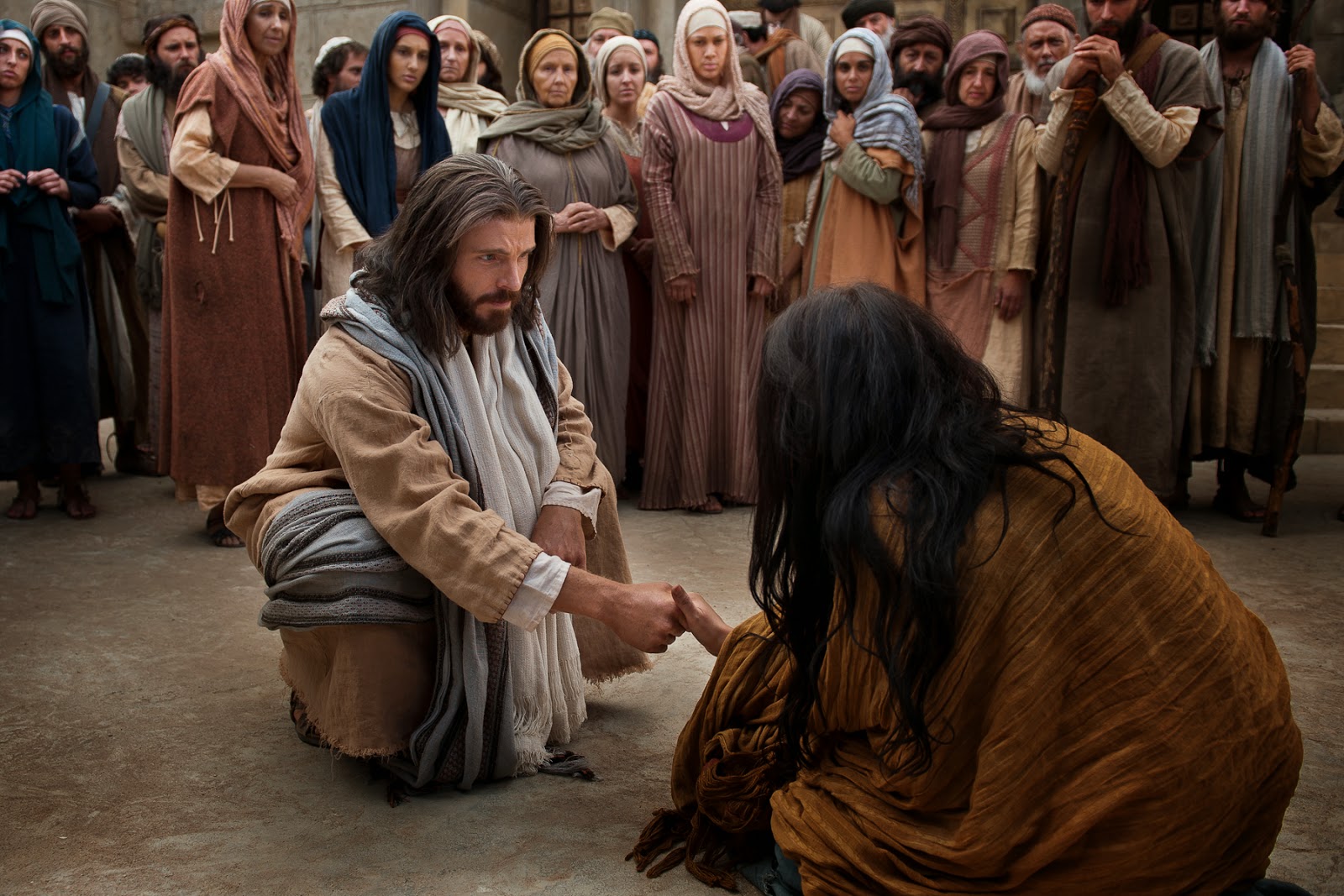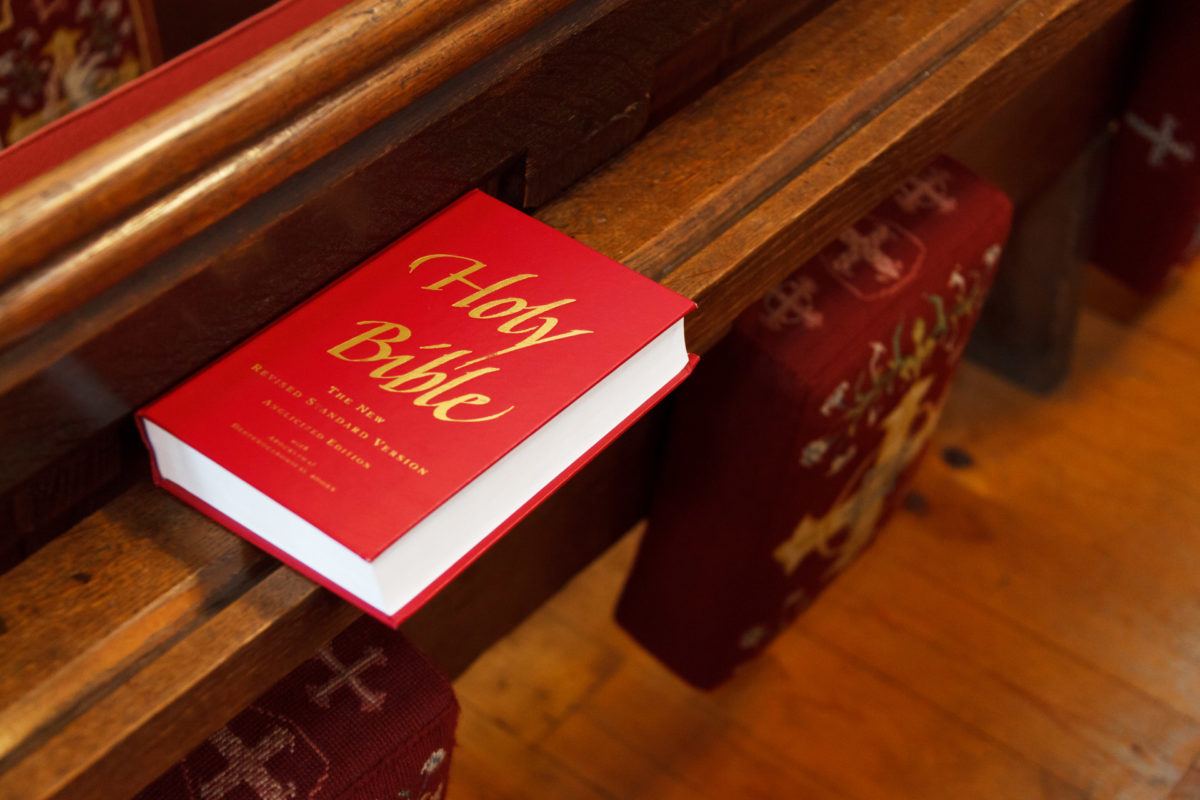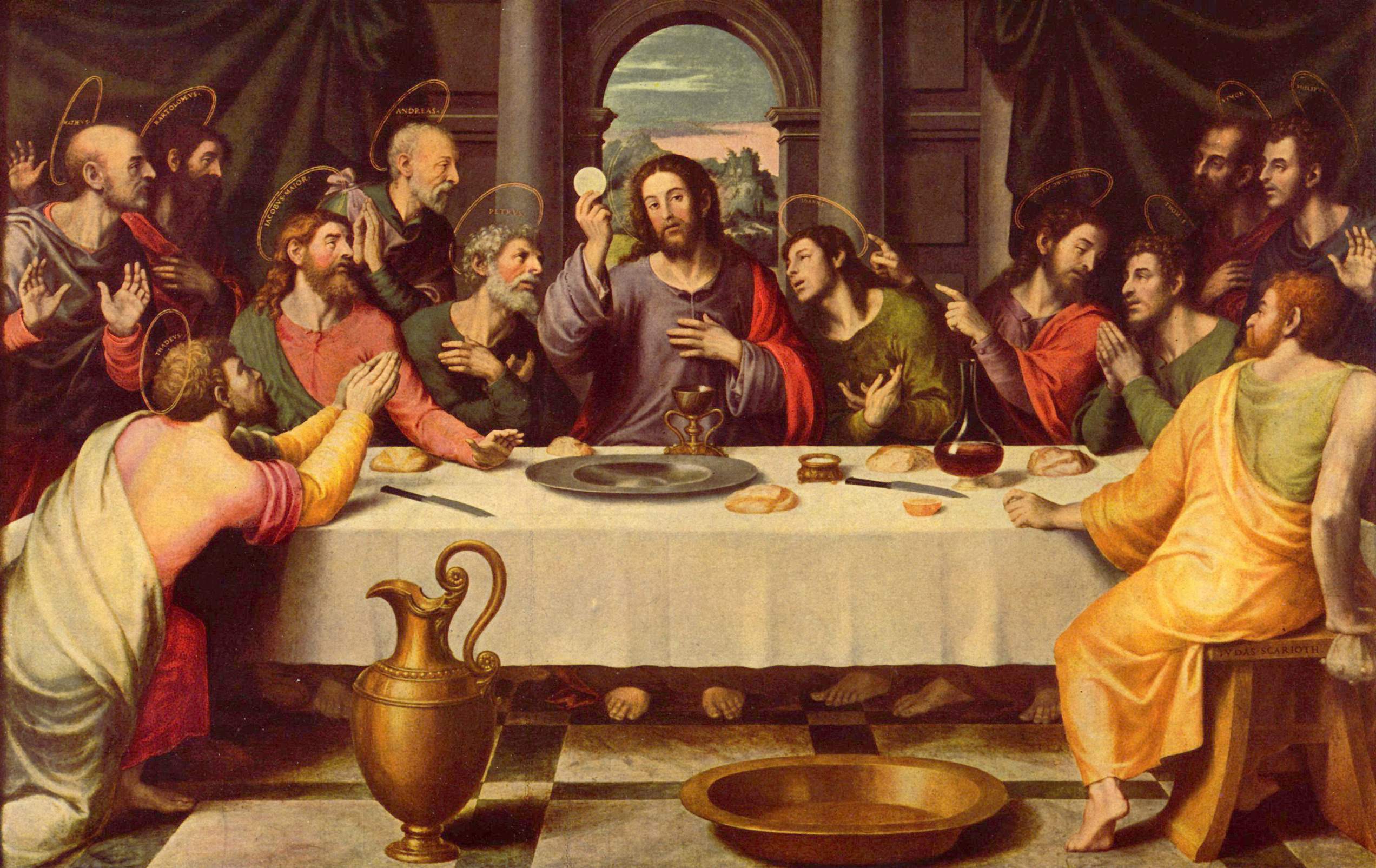As many of my regular visitors know, I try not to bring up fleeting political topics in my writing. The way I see it, when we get into the outrage of the day type of politics, we become like the scribes and Pharisees that Jesus warned us about. We can get self-righteous about the details of an individual’s actions or some political decision and we start seeing those who disagree with us as our enemies, not our fellow brothers and sisters. We get so wrapped up in being right (or convincing others that they are wrong) we forget about Jesus’ call for us to live in loving service of one another.
I see this quite often from those who consume the 24/7 news cycle whether it be MSNBC, CNN, or Fox News. Once someone establishes an opinion on a particular political or social topic, validating the correctness and righteousness of that position becomes their priority at any cost. Gone are the days where people could respectfully disagree. Now it’s an attitude of “if you’re not with me, you’re against me.” This thinking throws up walls between us as we cut people out of our lives because we see them only as the sum total of their political opinions. Many of us choose to be miserable by dwelling and even hating those who hold different views.

It doesn’t help that we find ourselves in a world the promotes relative morality. When we throw out the teachings and logic of theologians and philosophers we are left with moral confusion and chaos because there is no doctrine or logic backing up someone’s view. I see this all the time in the news where someone is wrong, bad, and even evil for no other reason than having a different perspective. As a society, we’ve moved away from the idea that there are moral truths. Has pretending that those truths don’t exist made us any happier?
I think the Fourth Glorious mystery of the Rosary, Mary‘s Assumption, is a good place to reflect on how we treat others. Think about Mary’s mission since her Assumption into Heaven. She wants nothing more than for us to follow Jesus’ teachings and imitate His actions. She asks us to pray and read the Bible and really understand how Jesus wants us to live. She wants us to know the moral truths behind the Church’s teachings so that we can live free instead of falling victim to the unhappiness moral chaos brings.
Jesus, while perfect, didn’t cut people off because they were imperfect. He didn’t look down on the tax collectors, the poor, and the sick like the Pharisees. Quite the opposite, Jesus reached out and helped them. Mary calls on us to pray and help those who are particularly struggling to know Her son, Jesus Christ. Pope Francis’ May intention of the lay faithful promoting the faith echoes Mary’s mission. We all should be helping those who have cut themselves off from God‘s grace and embraced a morality that is only as valid as the media or politicians deem it valid.

It’s important to understand that while Jesus didn’t cut off sinners He also didn’t give people an excuse to continue to sin. He still maintained and reinforced God’s laws. We aren’t called to be pushovers either. But to help those who may have swerved from God’s path, we need to understand God’s truths through the lens of prayer and scripture. Prayer gives us the perspective to focus on the big challenges that are important to God and not on the day-to-day controversies whipped up by the media. So for your spiritual health and sanity, turn off the TV and pick up that rosary!
























































